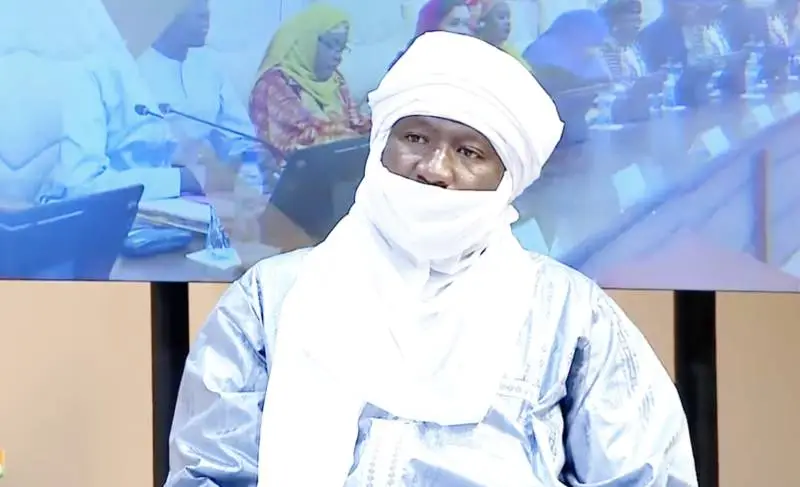In a bid to tighten control over digital communication, the military-led government of Niger plans to introduce strict regulations for large social media groups. The decision has been widely criticised as an attempt to stifle free speech and suppress online discourse.
The Minister of Communication, Posts, and Digital Economy, Sidi Mohamed Raliou, made the announcement on February 26, 2025, during an interview on national television. He stated that any social media groups with at least 50 members must obtain official authorisation before operating, claiming that such groups amount to public associations and therefore require regulation.
The Minister cited economic concerns, arguing that many users exploit these platforms to engage in unregulated commercial activities, hence the necessity for formal registration for taxation purposes.
Beyond economic concerns, the minister also cited security reasons, arguing that these same platforms are being exploited to spread disinformation, disrupt public order, and subversive messaging, justifying the need for tighter control.
The government says it is studying models from other African countries and plans to develop the regulation collaboratively with other ministries and partners.
A quick glance into the country’s past, points to broader efforts of repression since the military coup of July 26, 2023. On June 7, 2024, the Head of State, General Abdourahamane Tiani, signed an ordinance reintroducing prison sentences for defamation and “disturbing public order” via electronic communication. Reversing progressive reforms made by the previous civilian government, the ordinance amended the cybercrime law and introduced sanctions for online defamation with up to three years’ imprisonment and fines up to five million CFA francs (About USD8600), among others.
Meanwhile, media freedom and freedom of expression has deteriorated sharply over the past two years. Journalists live in fear, with many silenced or forced into hiding. Independent voices face threats, arrests, or enforced disappearances, as in the case of journalist Samira Sabou, who was abducted and detained incommunicado for eight days.
The Media Foundation for West Africa (MFWA) is deeply concerned about the potential introduction of this regulation, as it may constitute a direct assault on fundamental rights. Such a policy could easily be weaponised to institutionalise censorship, suppress dissent, and expand state surveillance, hence effectively restricting freedom of expression, association, assembly and citizens’ right to information.






